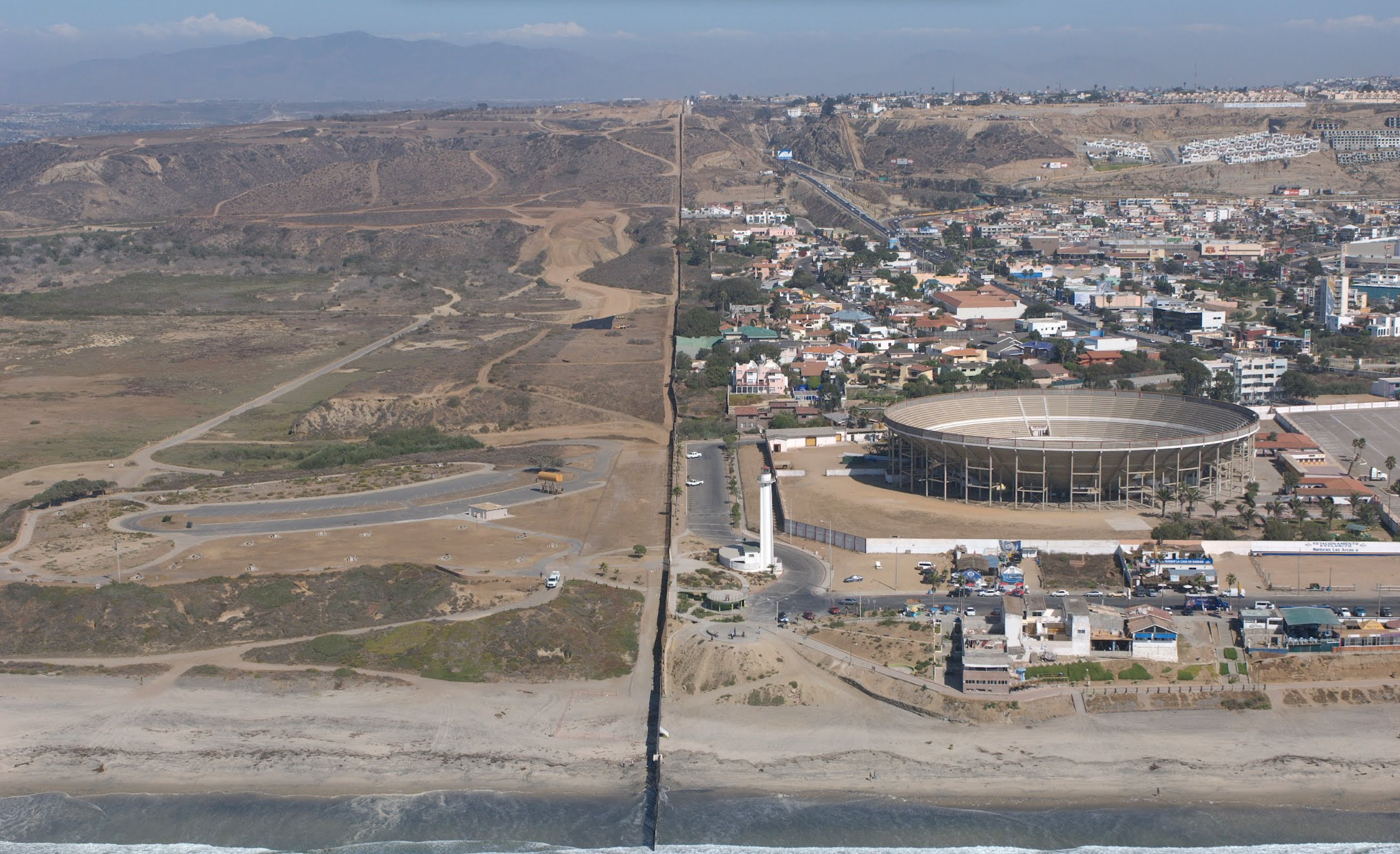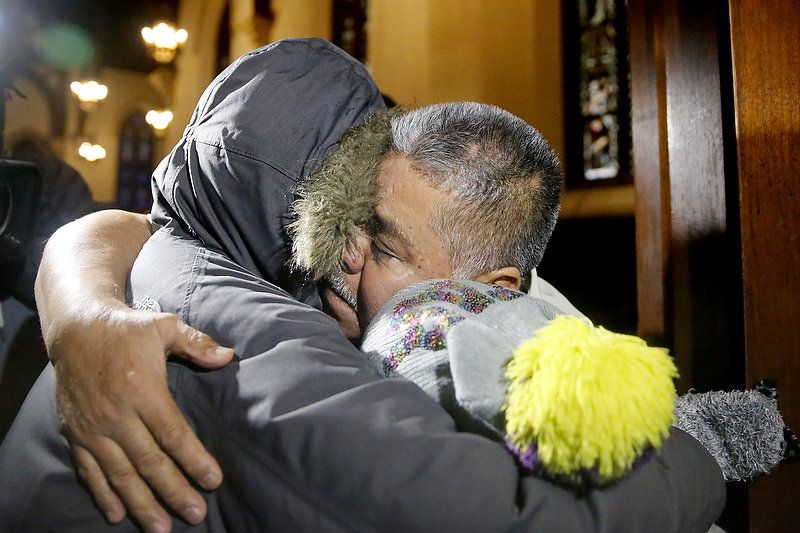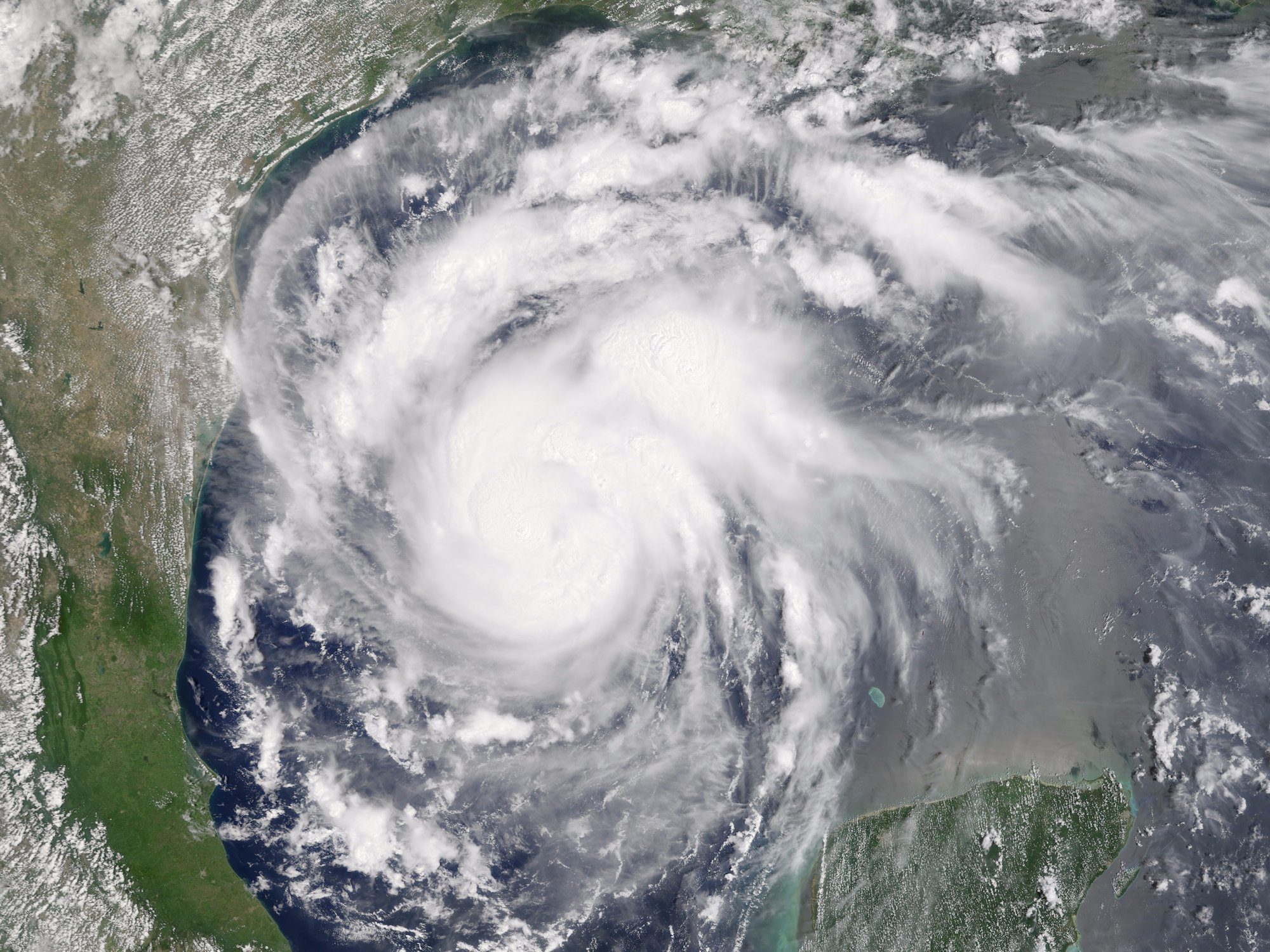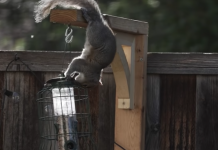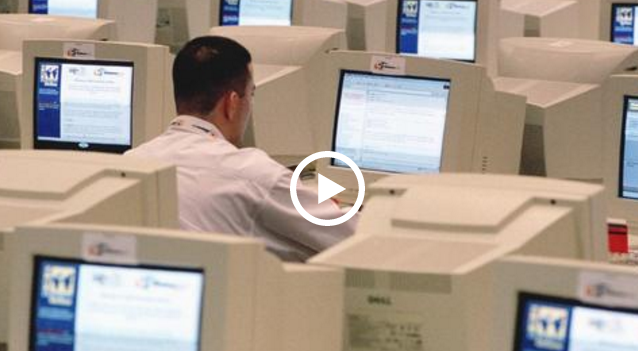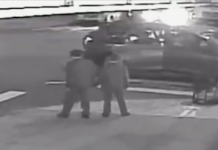“Two Iraqis came here to this country, were radicalized, and they were the masterminds behind the Bowling Green massacre. Most people didn’t know that because it didn’t get covered.”
— White House senior adviser Kellyanne Conway, interview with MSNBC’s Chris Mathews, Feb. 2
In defending President Trump’s executive order temporarily banning refugees, immigrants and citizens from Iraq and six other Muslim-majority countries, Conway referred to something that didn’t happen — the “Bowling Green massacre.” (She also incorrectly said that Obama “banned” Iraqi refugees, which we have previously fact-checked as false.)
Conway was on her way to a Four-Pinocchio rating when, about an hour and a half after The Fact Checker sent her a query about her remarks, she tweeted that she meant to say “Bowling Green terrorists.”
In an email she wrote to The Fact Checker, she said: “Not exactly the paragraphs of corrections we see in WaPo but hopefully this helps.”
We applaud when government officials concede they made an error. As we frequently note, we understand that mistakes can be made in live television interviews — and we do not try to play gotcha.
But this case is certainly important to understand. On Jan. 31, Sen. Rand Paul (R-Ky.) also made a reference to it. Referring to a 2011 slowdown in the processing of Iraqi refugees, Paul said in an interview on MSNBC’s “Morning Joe:” “This was done by President Obama in response to the possibility or the attempted bombing in Bowling Green, Kentucky, where I live.”
The Facts
Two Iraqis in Kentucky in May 2011 were arrested and faced federal terrorism charges after officials discovered from an informant that Waad Ramadan Alwan, before he had been granted asylum in the United States, had constructed improvised roadside bombs in Iraq.
The FBI, after examining fragments from thousands of bomb parts, found Alwan’s fingerprints on a cordless phone that had been wired to detonate an improvised bomb in 2005.
Although Conway claimed that the media did not cover the story, the arrests caused an uproar in Congress. In response, the Obama administration pledged to reexamine the records of 58,000 Iraqis who had been settled in the United States. The administration also imposed new, more extensive background checks on Iraqi refugees. Media reports at the time focused on how the new screening procedures had delayed visa approvals, even as the United States was preparing to end its involvement in the Iraq War.
In 2013, the Justice Department announced that the two men had pleaded guilty to federal terrorism charges. Mohanad Shareef Hammadi, 25, was sentenced to life in federal prison, and Alwan, 31, was sentenced to 40 years in federal prison, followed by a life term of supervised release.
“Hammadi and Alwan both admitted, in FBI interviews that followed waiver of their Miranda rights, to participation in the purported material support operations in Kentucky, and both provided the FBI details of their prior involvement in insurgent activities while living in Iraq,” the statement said. “Both men believed their activities in Kentucky were supporting AQI. Alwan admitted participating in IED attacks against U.S. soldiers in Iraq, and Hammadi admitted to participating in 10 to 11 IED attacks as well as shooting at a U.S. soldier in an observation tower.”
That was in Iraq, obviously. And so was the “massacre” that Conway was referring to — although the evidence was murky and never proved.
Four Pennsylvania soldiers were killed in an Aug. 9, 2005, IED attack: Pfc. Nathaniel DeTample, 19; Spec. Gennaro Pellegrini, 31; Spec. Francis J. Straub Jr., 24; and Spec. John Kulick, 35. Two others, Sgt. Brahim Jeffcoat, 25, and Spc. Kurt Krout, 43, died Aug. 6, 2005, when their vehicle struck a roadside bomb. They were all part of a National Guard unit known as Task Force Dragoon, stationed near the city of Baiji, also spelled Bayji, north of Baghdad.
The Associated Press reported in 2012 that documents showed that Hammadi and Alwan were insurgents in the same area around Baiji at the time the Pennsylvanians’ Task Force Dragoon was stationed there and hit. But the connection was never definitively made.
And what about Paul’s claim of an attempted bombing? He is on more solid ground than Conway. ABC News reported in 2013:
Prosecutors later revealed at Hammadi’s sentencing hearing that he and Alwan had been caught on an FBI surveillance tape talking about using a bomb to assassinate an Army captain they’d known in Bayji, who was now back home — and to possibly attack other homeland targets.
“Many things should take place and it should be huge,” Hammadi told Alwan in an FBI-recorded conversation, which a prosecutor read at Hammadi’s sentencing last year.
Despite this incident, which resulted in tougher vetting of Iraqi refugees, it is important to remember that resettled refugees have not been a major terrorist threat to the U.S. homeland. On occasion, refugees have posed terrorism threats and have been linked to international terrorist groups: There have been at least 10 occasions since 2009 when refugees were arrested on terrorism-related charges in the United States, but that’s a tiny percentage of the refugees admitted in that period.
The Pinocchio Test
Any White House has a very large megaphone, and officials must be careful in how they use it. It is especially important to stick to the facts. Here’s what Conway got wrong in her original statement:
- There was no massacre in Bowling Green.
- The discovery that former Iraqi bomb makers had been admitted as refugees was widely covered.
- They were not “radicalized’ after they came to the United States.
Instead, she meant to refer to the alleged (but not proved) killing of U.S. soldiers in Iraq by bomb makers who were arrested in Bowling Green and then sent to prison for decades — before they killed anyone in the United States.
Uncorrected, this would have been worth Four Pinocchios. But Conway says it’s an “honest mistake.” We appreciate that she sought to correct the record. Readers can judge for themselves, but as we don’t play gotcha, we will leave this unrated. (Readers themselves can offer their own rating below.)








